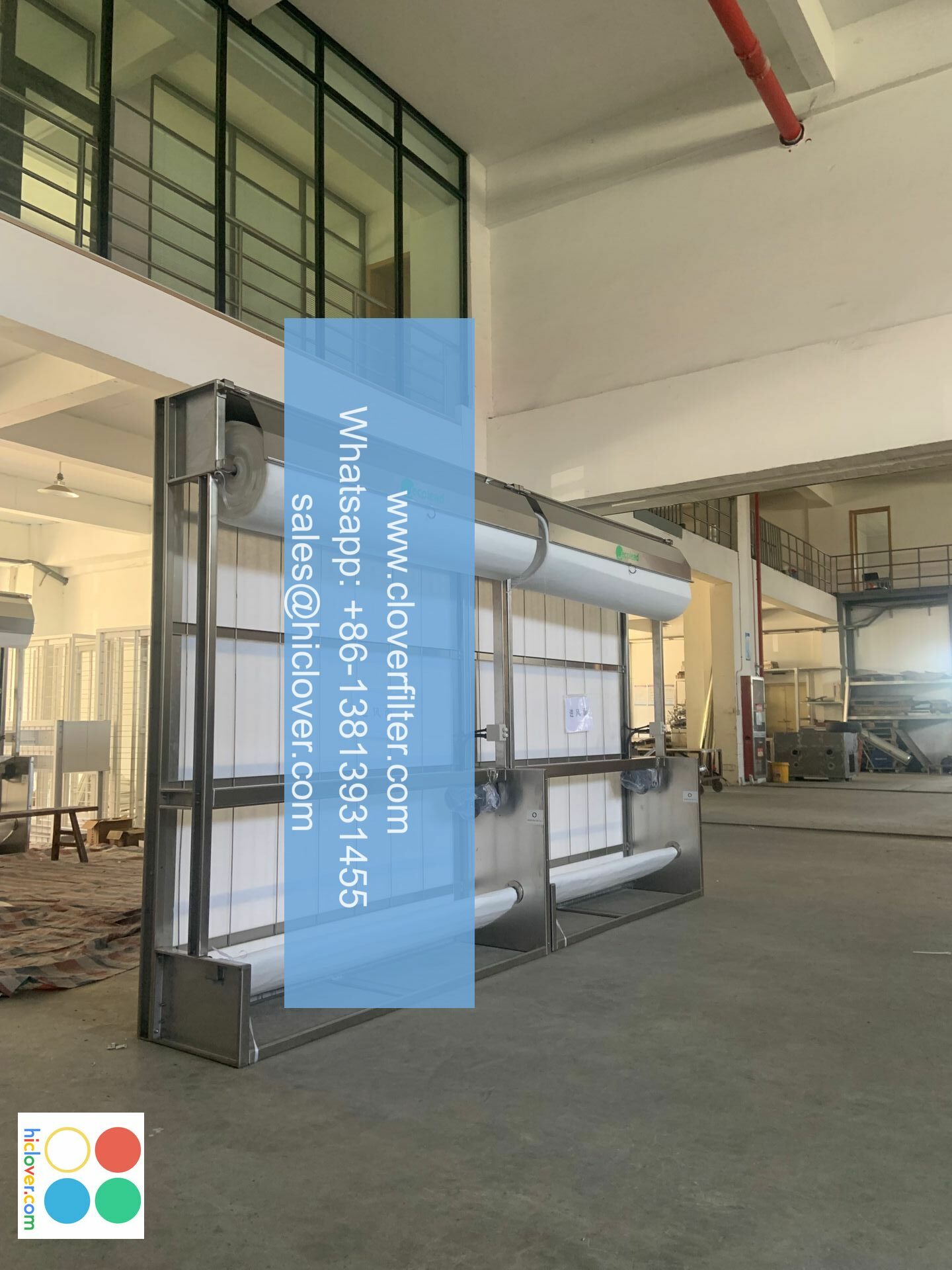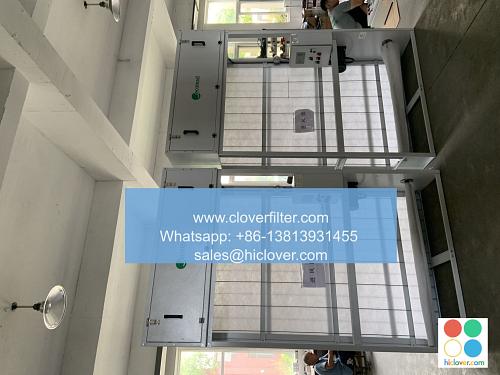The Role of Air Filters in Reducing Airborne Pathogens and Allergens

Air filters play a vital role in maintaining good indoor air quality by reducing airborne pathogens and allergens. High Efficiency Particulate Air (HEPA) filters and Ultra Low Penetration Air (ULPA) filters are designed to capture 99.97% of particles as small as 0.3 microns, including bacteria, viruses, and allergens like pollen, dust mites, and pet dander.
Application Areas of Air Filters
Air filters have a wide range of applications, including:
- Residential air purification systems to improve indoor air quality and reduce the risk of respiratory diseases like asthma and chronic obstructive pulmonary disease (COPD)
- Commercial HVAC systems to maintain a healthy indoor environment and increase productivity in offices, schools, and hospitals
- Industrial air filtration systems to remove harmful pollutants and particulate matter from the air in manufacturing facilities and workshops
- Transportation systems, such as airplanes, buses, and trains, to provide a healthy and comfortable traveling experience for passengers
- Activated carbon filters, which are effective in removing gases, odors, and chemicals from the air
- Electrostatic filters, which use electrostatic charges to attract and trap particulate matter
- Ionizing air filters, which release negative ions to attract and trap particulate matter
- Hybrid air filters, which combine multiple filtration technologies to provide comprehensive air purification
- Improved indoor air quality, which can help reduce the risk of respiratory diseases and allergies
- Increased productivity, which can be achieved by providing a healthy and comfortable indoor environment
- Reduced maintenance costs, which can be achieved by removing particulate matter and pollutants from the air
- Extended equipment life, which can be achieved by protecting HVAC systems and other equipment from corrosion and wear and tear
Types of Air Filters
There are several types of air filters available, each with its own unique characteristics and benefits. Some of the most common types of air filters include:
Benefits of Air Filters
The benefits of air filters are numerous and well-documented. Some of the most significant benefits include:
Conclusion
In conclusion, air filters play a critical role in reducing airborne pathogens and allergens, and have a wide range of applications in residential, commercial, and industrial settings. By choosing the right type of air filter and maintaining it regularly, individuals and organizations can improve indoor air quality, increase productivity, and reduce maintenance costs. As the world becomes increasingly aware of the importance of indoor air quality and air pollution, the demand for effective air filters is likely to continue growing, driving innovation and development in the field of air filtration technology. You haven’t provided a prompt or question for me to respond to. Please provide more context or ask a specific question, and I’ll do my best to assist you.

